More die in the United States of too much food than of too little
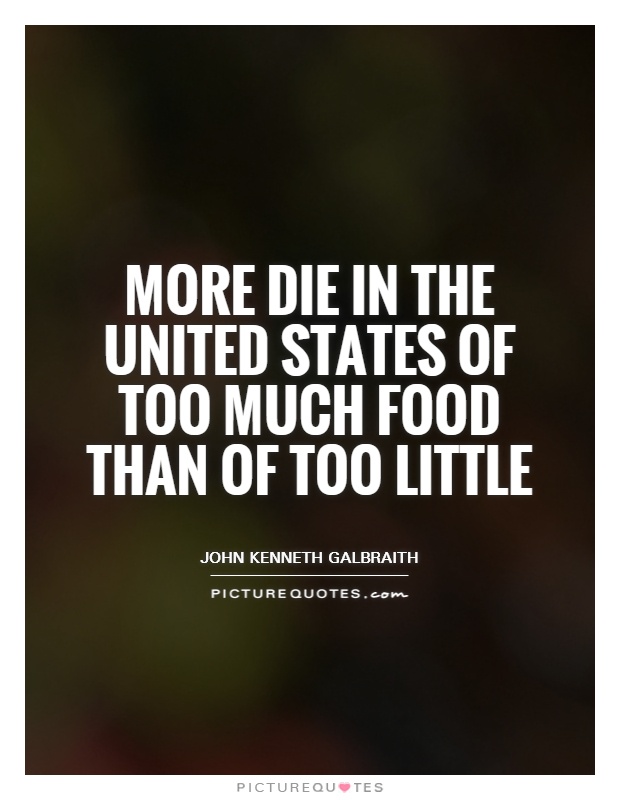
More die in the United States of too much food than of too little
The quote "More die in the United States of too much food than of too little" is often attributed to the renowned economist John Kenneth Galbraith. This statement highlights the paradoxical nature of the American food system, where abundance and excess coexist with hunger and malnutrition. Galbraith's observation sheds light on the complex relationship between food production, distribution, and consumption in the United States.One of the key factors contributing to the prevalence of overeating and obesity in the United States is the abundance of cheap, processed foods that are high in calories and low in nutritional value. The rise of fast food chains and the widespread availability of sugary drinks and snacks have made it easier than ever for Americans to consume excessive amounts of unhealthy food. This overconsumption has led to a rise in obesity rates, which in turn increases the risk of chronic diseases such as diabetes, heart disease, and certain types of cancer.
At the same time, millions of Americans struggle with food insecurity and lack access to affordable, nutritious food. According to the USDA, over 35 million Americans were food insecure in 2019, meaning they did not have reliable access to enough food for an active, healthy life. This disparity in food access and quality highlights the structural inequalities that exist within the American food system.
Galbraith's quote also speaks to the broader issue of food waste in the United States. Despite the fact that millions of Americans go hungry each day, a significant amount of food is wasted at every stage of the food supply chain. From farm to table, food is lost due to inefficiencies in production, distribution, and consumption. This wastefulness not only contributes to hunger and malnutrition but also has negative environmental impacts, such as greenhouse gas emissions and water pollution.



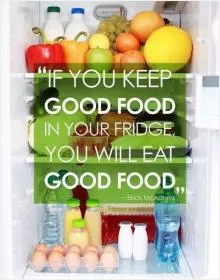
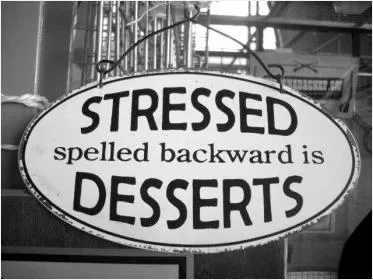
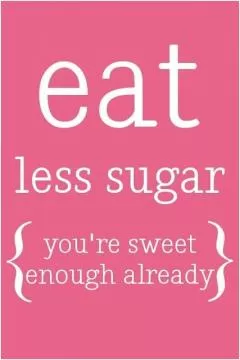

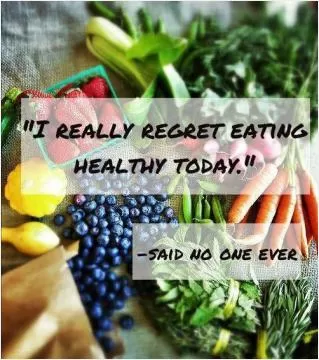
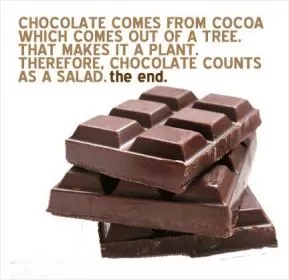
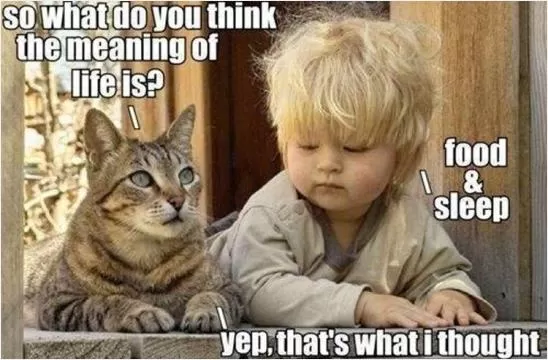

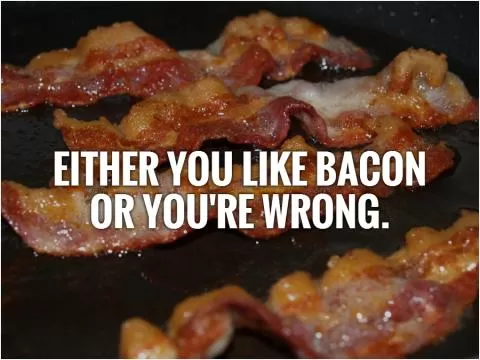
 Friendship Quotes
Friendship Quotes Love Quotes
Love Quotes Life Quotes
Life Quotes Funny Quotes
Funny Quotes Motivational Quotes
Motivational Quotes Inspirational Quotes
Inspirational Quotes